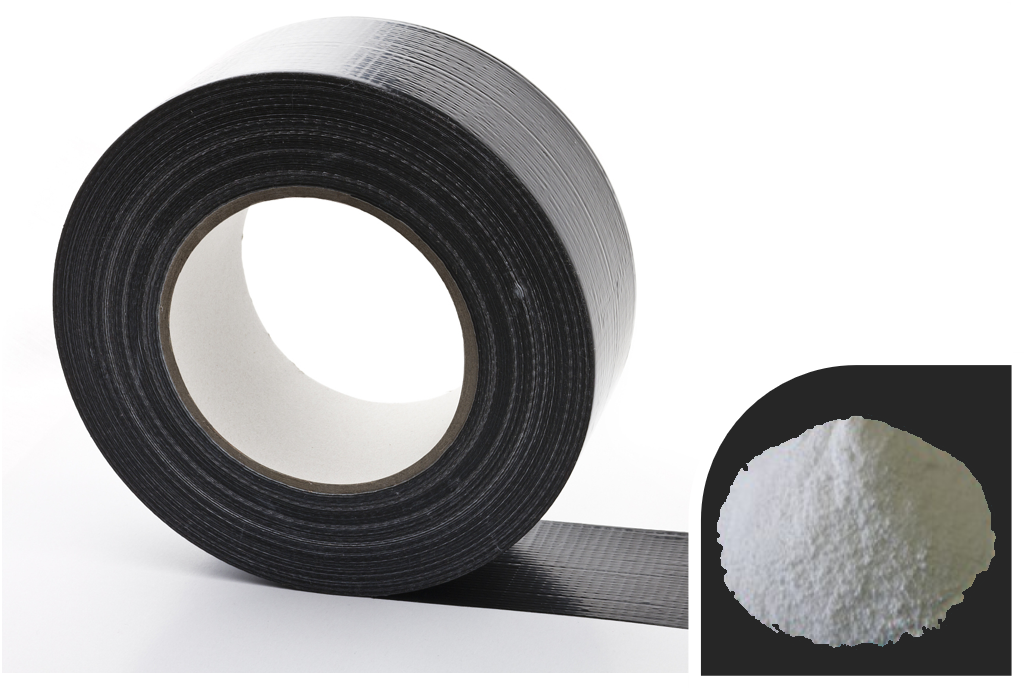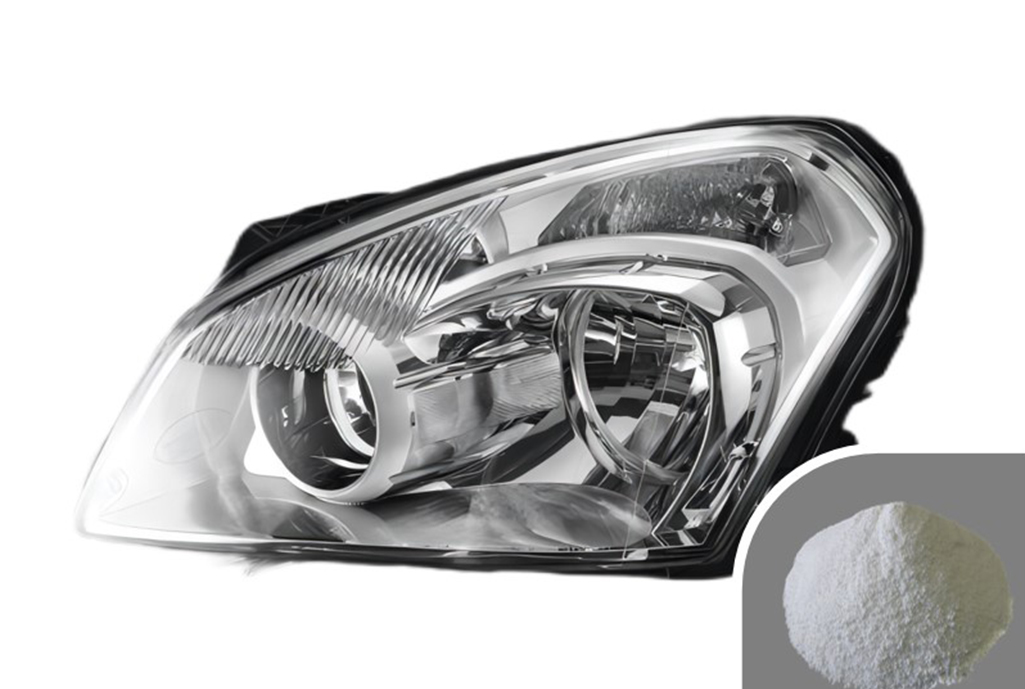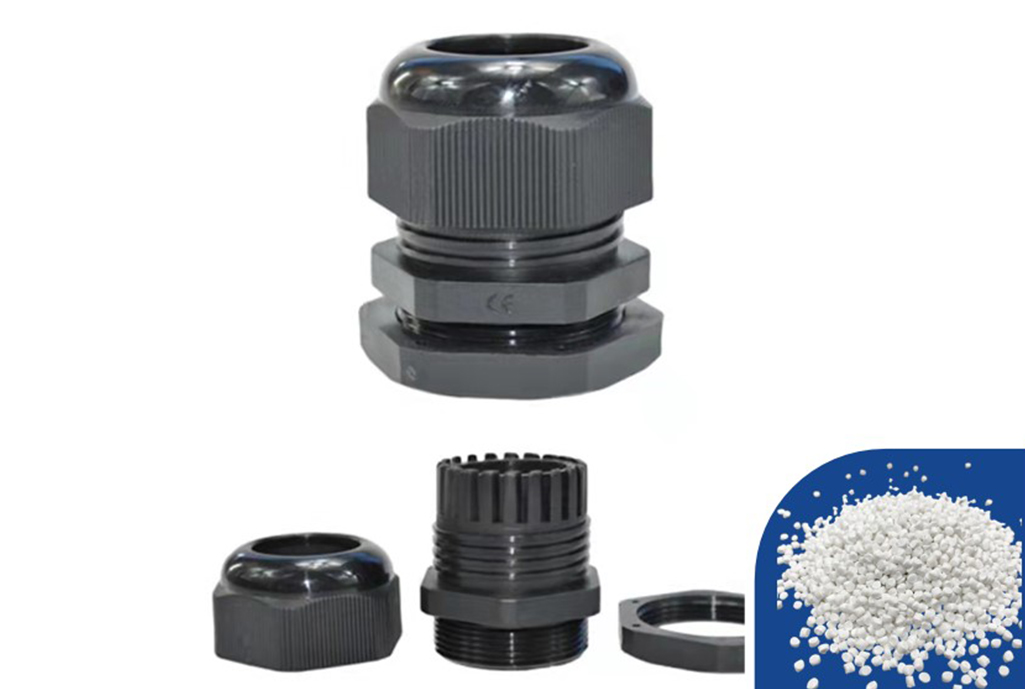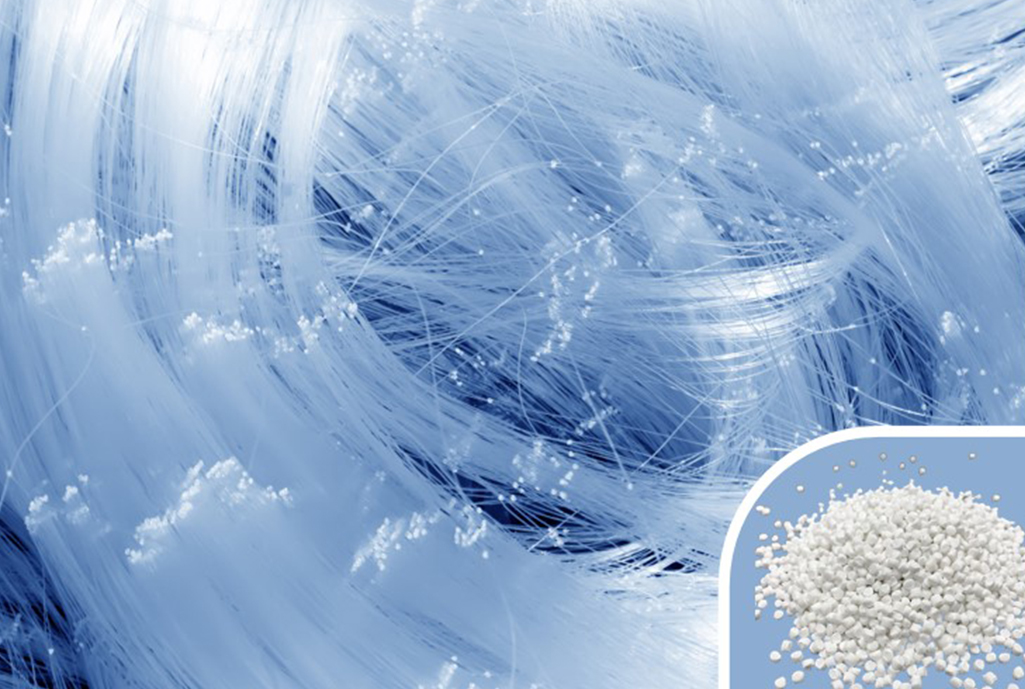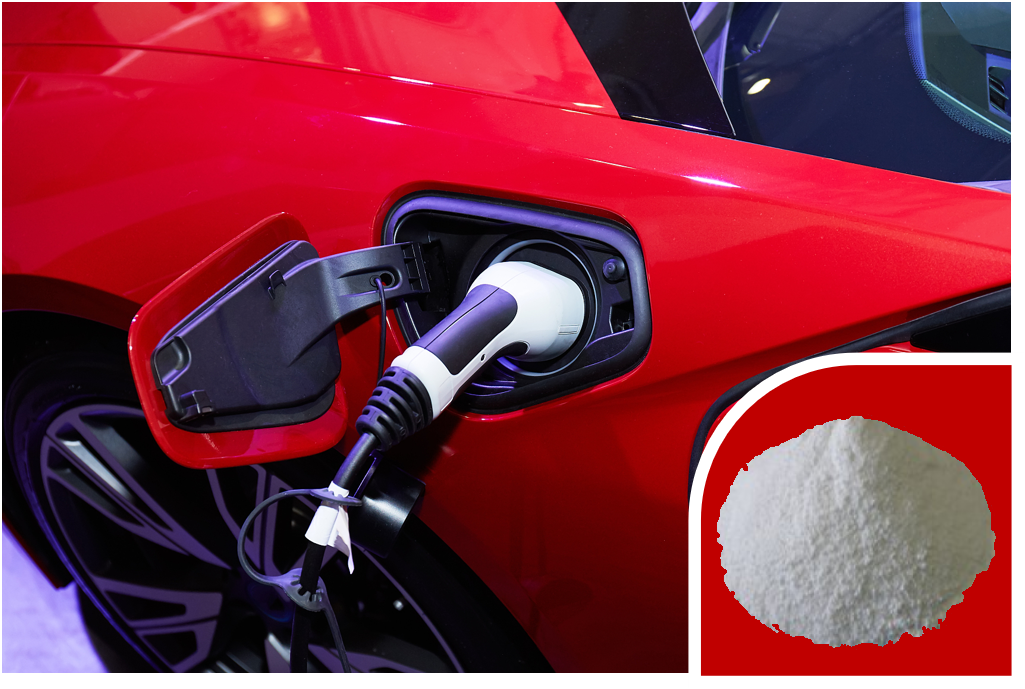The Role of PP Functional Additives in Sustainable Manufacturing
2025-04-30
Sustainability is no longer just a buzzword—it’s a business imperative. As industries strive to reduce their environmental footprint, the focus has shifted toward developing eco-friendly materials and processes. In this context, polypropylene (PP) functional additives have emerged as game-changers, enabling manufacturers to produce sustainable, high-performance products without compromising on quality or cost-efficiency.
Bridging the Gap Between Performance and Sustainability
Polypropylene is inherently recyclable and boasts a lower carbon footprint compared to many other plastics. However, achieving optimal performance often requires tweaking its properties through functional additives. These additives not only enhance PP’s functionality but also contribute to sustainability goals in several ways:
1. Lightweighting Solutions
Weight reduction is a key strategy for improving fuel efficiency in transportation and minimizing material usage in packaging. Lightweight PP formulations, achieved through the use of fillers and reinforcing agents, help manufacturers meet sustainability targets. For instance, adding talc or glass fibers as functional additives increases PP’s stiffness and strength, allowing thinner walls in molded parts without sacrificing performance.
2. Recycling-Friendly Additives
Contaminants and impurities in recycled PP can affect its mechanical properties and appearance. Functional additives like compatibilizers and clarifiers improve the quality of recycled PP, making it easier to incorporate post-consumer waste into new products. This closed-loop approach reduces reliance on virgin materials and supports the circular economy.

3. Biodegradable Enhancements
While traditional PP is not biodegradable, research into functional additives that accelerate decomposition under specific conditions is gaining momentum. Certain additives, such as pro-degradant masterbatches, enable controlled breakdown of PP in industrial composting facilities. Although still in early stages, these innovations hold promise for reducing plastic pollution.
4. Energy-Efficient Processing
Processing polypropylene at lower temperatures saves energy and reduces greenhouse gas emissions. Slip agents and lubricants, common types of PP functional additives, facilitate smoother flow during extrusion and injection molding. This not only lowers processing costs but also aligns with sustainability objectives by conserving resources.
5. Extending Product Lifespan
Durability is a cornerstone of sustainable design. By incorporating functional additives like UV stabilizers, antioxidants, and flame retardants, manufacturers can significantly extend the service life of PP-based products. Longer-lasting goods mean fewer replacements and less waste, contributing to a more sustainable lifecycle.














